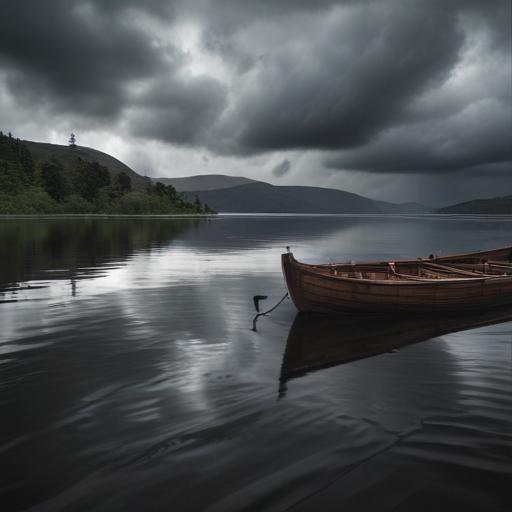Werner Herzog has long been a figure of intrigue in the world of documentary filmmaking, often positioning himself as a central character in his works. This self-starring approach, marked by his distinctive German accent and philosophical reflections, has contributed to his cult status among arthouse enthusiasts, while also attracting criticism regarding his treatment of cast and crew. Herzog challenges conventional notions of documentary truth, coining the phrase “ecstatic truth,” suggesting that truth can transcend mere facts to resonate deeply with audiences.
In his 2004 mockumentary “Incident at Loch Ness,” Herzog displays a refreshing self-awareness about his cinematic persona. Directed by Zak Penn, the film cleverly blurs the lines between documentary and fiction, featuring Penn as a screenwriter capturing the chaos of producing a fictitious Herzog documentary about the Loch Ness Monster. The narrative unfolds with absurd moments, including a fashion model posing as a sonar specialist, highlighting Herzog’s ability to humorously critique the absurdities of filmmaking and the obsession with truth in cinema.
The film uniquely incorporates real-life figures in its cast, including cinematographer Gabriel Beristain and sound mixer Russell Williams II, further complicating the audience’s perception of reality within the story. Despite receiving scant recognition compared to its brilliance, “Incident at Loch Ness” is celebrated for its pacing and authenticity, showcasing Herzog’s talent for improvisation that aligns seamlessly with his documentary style.
Herzog’s performance is both engaging and introspective, culminating in a poignant moment where he expresses disappointment in his quest to unveil the elusive Loch Ness Monster. This sentiment encapsulates the film’s essence, emphasizing that the journey—filled with absurdities—offers a truth that is anything but mundane. Ultimately, “Incident at Loch Ness” reaffirms Herzog’s keen understanding of both the art of filmmaking and the playful jest of his own cinematic legacy. The film serves as a reminder that sometimes, the search for truth in the fantastical can yield unexpectedly insightful reflections on creativity and existence.
